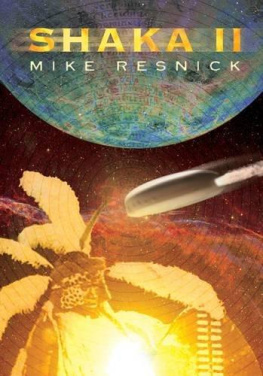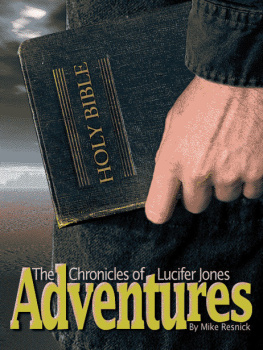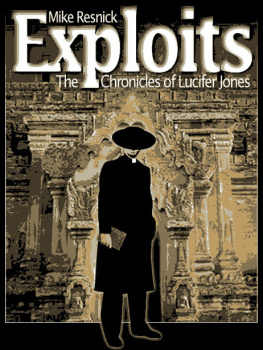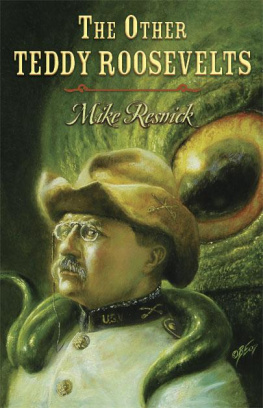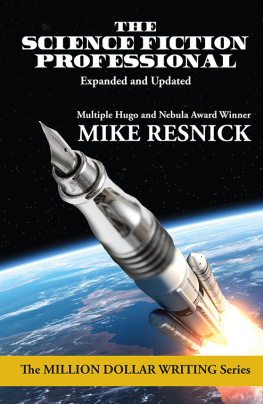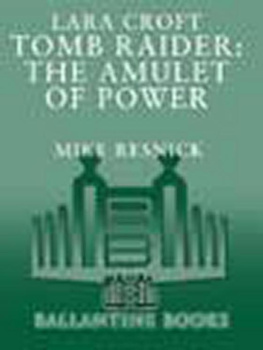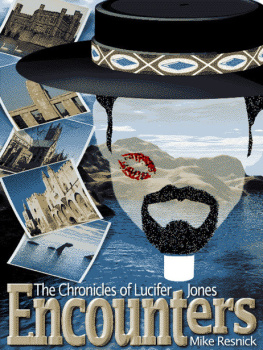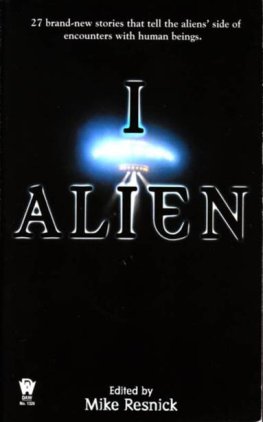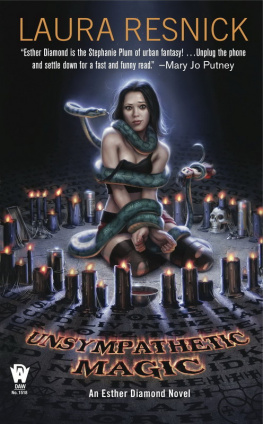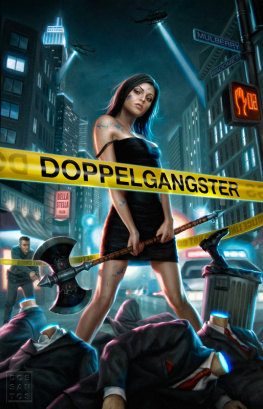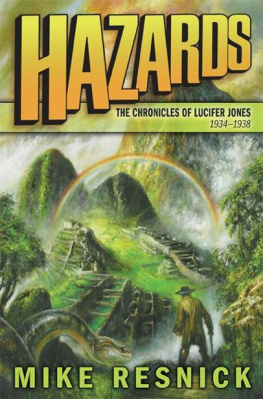We were not brothers in the truest sense. My name is John Madondo, and my Zulu name, which I chose not to use, was John ole Buthelezi, which means, literally, John, son of Buthelezi. Robert is also a son of Buthelezi, but we did not have the same mother, and in fact Buthelezi never married either of them, which is not the shameful event that it would be in Western society. Many Zulus chose not to marry, and a number of Zulu men had multiple wives. In fact, we had four other half-brothers and three half-sisters that we knew about, and never doubted that there were others as well.
Come in, I replied when I had recovered from my surprise at seeing him. Many thought you were dead, but somehow I knew you were alive.
There were days I would have bet money on the other side, he said, walking over and sitting on my favorite lounge chair. His tall frame made it look like a childs chair. You left to become a teacher when I was still a child. Are you teaching now?
Yes, I said. I came back to Natal after receiving my degree.
It is a land with no present and less future.
All the more reason to educate those who most live here, I answered.
It is good that you should think so, he said, looking around at my simple furnishings, because clearly you are not growing wealthy from your profession. He paused. Have you any tea?
Tea, coffee, beer, whatever you like, I said.
Tea, he answered.
I went to the kitchen, made the tea, poured two cups, and returned with it. Where have you been? I asked.
Away, is all he answered.
Johannesburg? I suggested.
A smile. There is more to the world than South Africa. Men have reached the stars, and you still live in a four-room hovel and teach children who dress in rags.
The rags do not define them, I said.
Are you satisfied with your work? he asked. Then: With your life?
They need me, I replied. I just wish I made more of a difference.
Perhaps someday you will, he said.
Perhaps. I secretly doubted it, and decided it was time to change the subject. What has brought you back? I asked.
The world-the real world-thinks that we are a backwater, barely worthy of their notice. If we are to reclaim our former glory, to stride across the planet like gods, there is much to be done, and I have no time to waste.
I expected him to smile, or chuckle, to do something, anything, to show me that he was joking, but his expression never changed.
Are we to stride across the planet like gods? I asked at last.
Oh, yes, he said with certainty. That much is written in the Book of Fate.
I have never seen that, I said.
You have flawed vision, he replied.
Who wrote this passage that I have not seen? I continued.
I am writing it even as we speak.
Have you a place to stay? I asked.
No, he answered. I had hoped to stay with my older brother.
And have you any money?
He reached into a pocket and pulled out some coins. Less than a rand.
No luggage?
I travel light.
So you are homeless, destitute, without a rand to your name, and with only the clothing on your back, I said. And you are going to bring us back the primacy we possessed when Shaka walked the land five centuries ago.
He stared at me for a long moment. Will you stand in my way?
No, I said. Why should I?
He smiled. You see? I have one acolyte already.
I am not an acolyte, I said firmly. I am an unhostile observer, nothing more.
He shrugged. Semantics.
So, I said, will you establish your kingdom here in my living room, and eventually conquer the dining room and kitchen?
He stared at me, so silently and coldly that for a moment I thought he was going to get to his feet and attack me. Then he shrugged.
You can join me now, he said, or you can join me later, when you have no choice in the matter. But do not ever make fun of me again.
It was a simple statement, simply delivered, but for the first time in my adult life I was frightened.
I apologize, Robert, I said. Seriously, what are your plans?
There is to be an election next month, he said.
You are mistaken, I told him. The President has another year and a half to serve.
He stared at me again and I fell silent. It is a minor office, he said. Clerk of Records in Natal. But I must start somewhere, and I need not think about the presidency for another year.
I had thought I knew him, but I was amazed by the audacity of his ambition-not running for Clerk of Records, but planning on running for the presidency in a mere eighteen months. I was afraid if I commented on it, I would receive another hate-filled glare and sullen silence, so I decided to change the subject.
Where have you been for the past decade? I asked.
In the world of the ibhunu, he said. In the Zulu language, calling a white man ibhunu is like calling a black man nigger in English.
There are very few white men left here, I said. Where did you go?
Europe, he said. Then America. Then further afield.
How much farther can you go than America? I asked.
Just as there is a world beyond South Africa, there is a solar system beyond the world, and a galaxy beyond the solar system.
Youve been out there? I asked, impressed.
I spent four years in the American Space Fleet, he replied.
Did you see action againstagainst whatever they were, those things that attacked our colonies on Io and Ganymede?
He nodded. They had technology that was far superior to ours. Of course, we have it now.
How did you defeat them? I asked. I know that for a year all the news coming from the front was bad, and then one day it was over and we were victorious.
They were fools, he said, a look of contempt on his face. They sent a signal asking for more munitions. We tracked the signal and wiped out their home world. Their remaining ships surrendered.
Where was their home world? I asked. Most of the experts thought it must circle Centauri.
It was the sixth planet circling Wolf 359, he answered.
I frowned. That cant be. Wolf is a Class M star. Nothing can live in orbit around a Class M star.
Nothing does now, he said meaningfully. You should not be so quick to believe European and American astronomers. What we killed would give you nightmares for the rest of your life. You should be grateful such things cant evolve on a Class G star.
Did they give you nightmares? I asked.
He looked almost amused. I am not like you, he said.
It wouldnt be long before I learned just how unlike me he was.
When Robert took office, he gave me an imposing title-Vice Chairman and Confidential Advisor-but I was just a glorified filing clerk. I suppose I should have quit after the first week and gone back home, but my paycheck after that week was more than I made in a month as a teacher. I couldnt figure it out-I was clearly a flunky, nothing more-but somehow when Robert put through the voucher for my salary no one argued with him. Which was probably just as well; Robert did not lose very many arguments. I sent half of my check to the school, and decided to stay.
Ulundi wasnt Johannesburg or Pretoria, but it was still far more sophisticated than the town where I had been living. A monorail circled the city, two matching skyscrapers reached for the clouds, and the citys power was now supplied by nuclear energy.
Each evening I stopped by a local restaurant on my way back to my rented room. From time to time Robert would choose to eat there, but never alone. Invariably he was in the company of men I did not know. Some were very well-dressed, and often had their government ID tags still affixed to their tunics. Others were poorly-dressed, and made no attempt to hide the fact that they carried weapons. It made no difference to Robert; he was equally at home with all of them.

